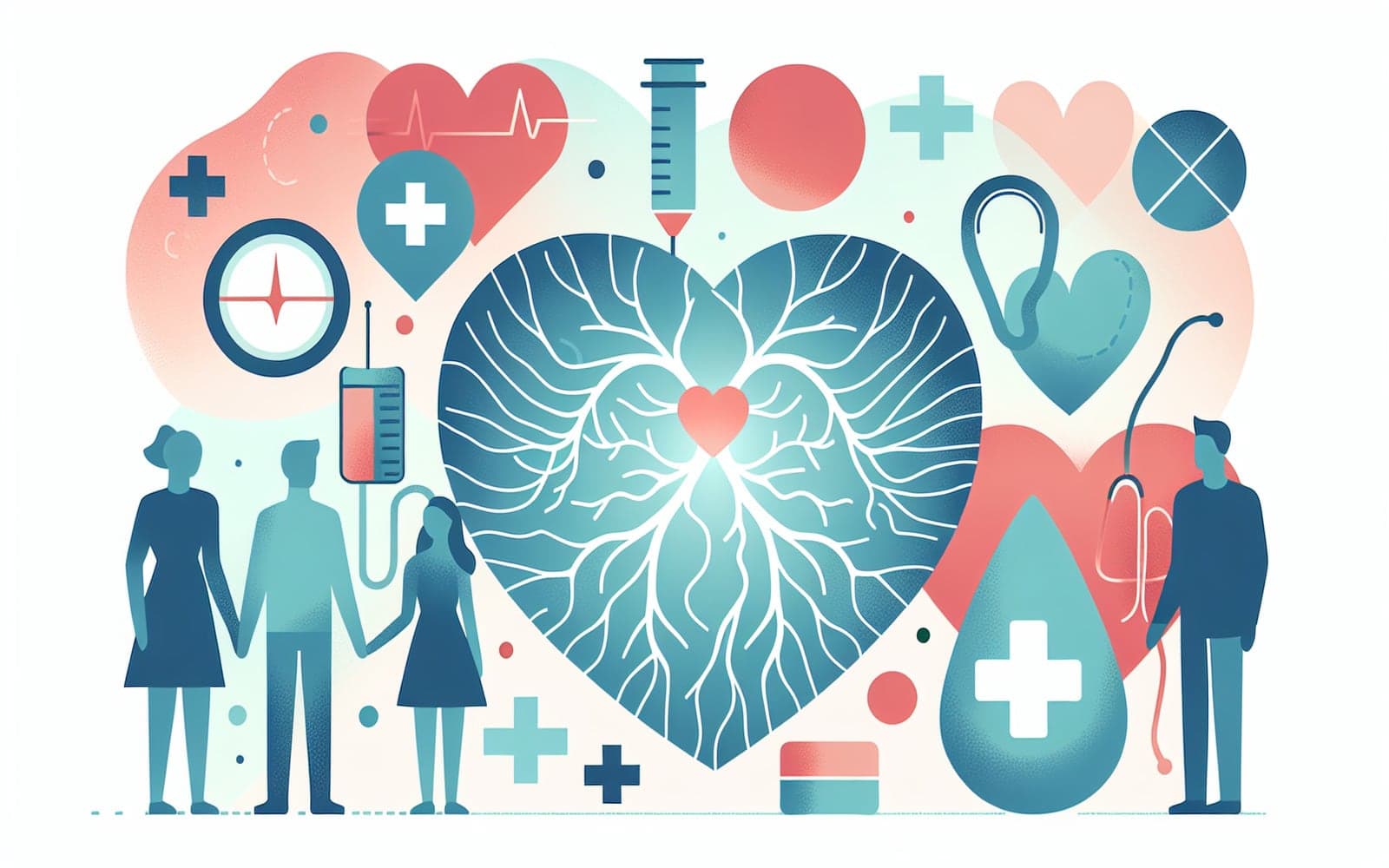What's Behind Mesenteric Venous Thrombosis?
Published: Jul 05, 2024
Mesenteric venous thrombosis is a condition where a blood clot forms in the veins that drain blood from the intestines. It can cause a sudden decrease in blood flow to the intestines, leading to serious complications.
Contents
What is Mesenteric Venous Thrombosis?
Mesenteric venous thrombosis occurs when a clot forms in the veins responsible for draining blood from the intestines. This condition can lead to reduced blood flow, causing the intestines to suffer from a lack of oxygen and nutrients. If untreated, it might result in severe bowel damage or infarction. The condition can present itself suddenly or develop over time, and it affects the small intestine more often than the colon.
Common Risk Factors
Several factors can increase the risk of developing mesenteric venous thrombosis. These include inflammatory conditions like pancreatitis or inflammatory bowel disease and certain inherited blood disorders that make the blood more prone to clotting. Other risks include abdominal surgery, obesity surgery, and even certain infections like COVID-19. Older age and a history of blood clots also contribute to higher risk.

Symptoms to Watch For
Symptoms of mesenteric venous thrombosis can range from mild to severe. Initially, one might experience dull abdominal pain, nausea, and vomiting. Over time, if the condition worsens, symptoms may include more intense pain, abdominal swelling, and even signs of intestinal blockage. In chronic cases, symptoms might be less obvious, leading to complications like portal hypertension.
Frequently Asked Questions
It is a condition where a blood clot forms in the veins that drain blood from the intestines.
Common symptoms include abdominal pain, nausea, vomiting, and in severe cases, swelling or blockage.
Risk factors include inflammatory conditions, inherited blood disorders, and a history of blood clots.
Yes, COVID-19 has been associated with increased clotting and can lead to mesenteric venous thrombosis.
Final Thoughts
Understanding the risk factors and symptoms of mesenteric venous thrombosis is crucial for early diagnosis and treatment.
References
- Kumar S, Sarr MG, Kamath PS. Mesenteric venous thrombosis. N Engl J Med 2001; 345:1683.
- Acosta S, Alhadad A, Svensson P, Ekberg O. Epidemiology, risk and prognostic factors in mesenteric venous thrombosis. Br J Surg 2008; 95:1245.
- Rhee RY, Gloviczki P, Mendonca CT, et al. Mesenteric venous thrombosis: still a lethal disease in the 1990s. J Vasc Surg 1994; 20:688.
This article has been reviewed for accuracy by one of the licensed medical doctors working for Doctronic. Always discuss health information with your healthcare provider.
AI Doctor Visit Required
Appointments available 24/7
15-min consultation. No hidden costs.
AI Doctor Visit Required
For safety reasons we have been forced to end this consultation.
If you believe this is a medical emergency please call 911 or your local emergency services immediately.
If you are experiencing emotional distress, please call the the Suicide & Crisis Lifeline at 988 or your local crisis services immediately.
Contact us
You can also email us at help@doctronic.ai
We aim to reply within 5-7 days
How likely are you to recommend Doctronic to friends or family?


